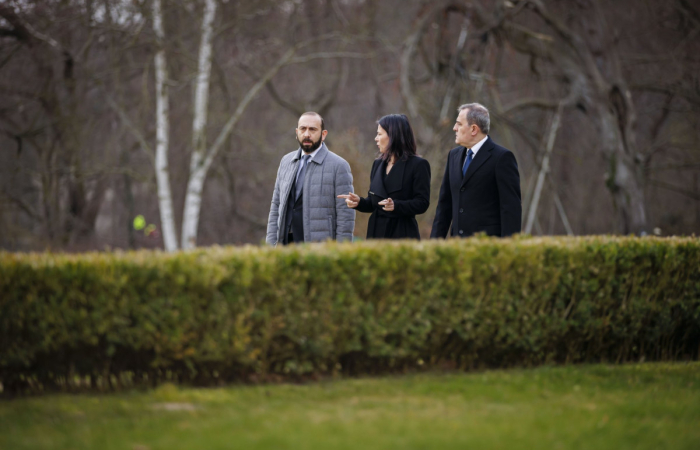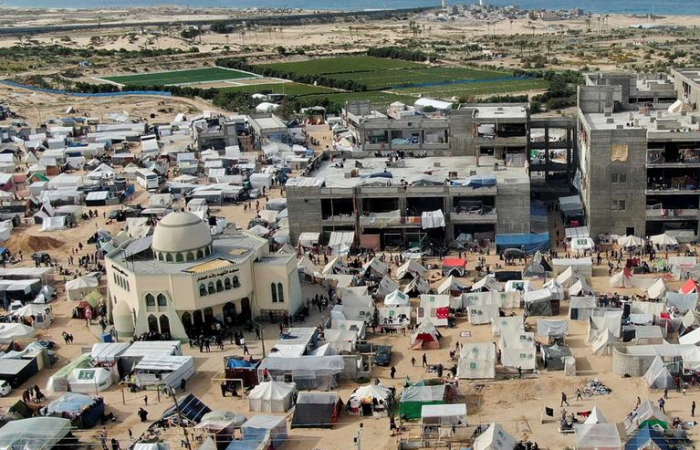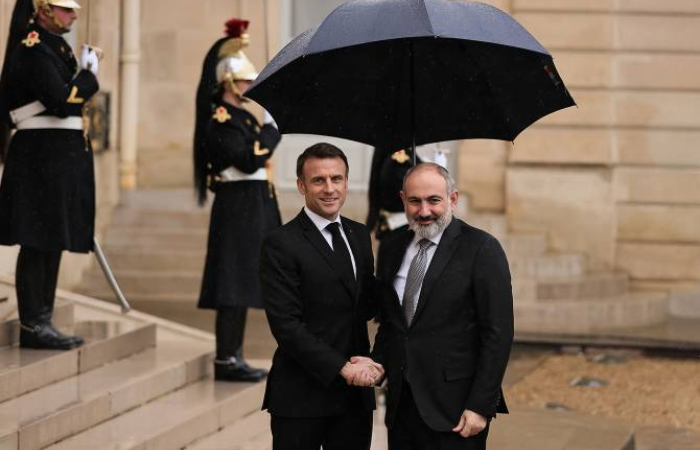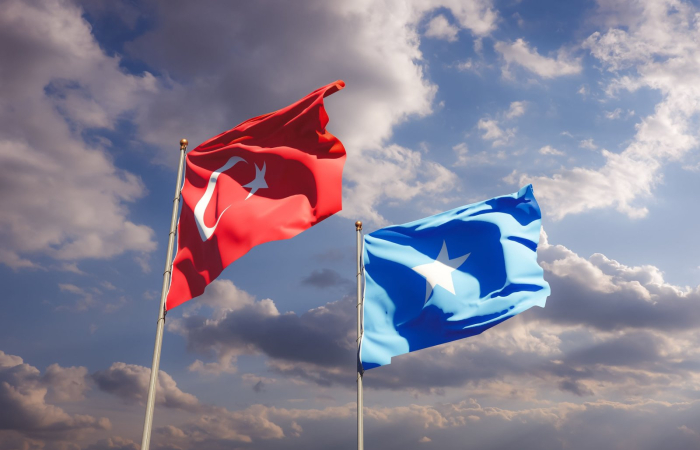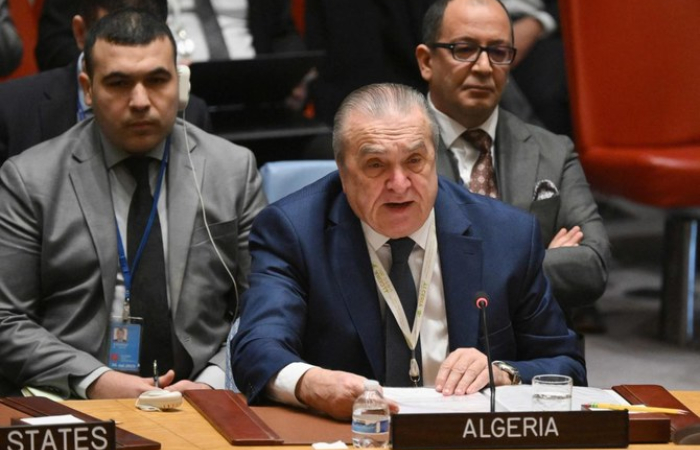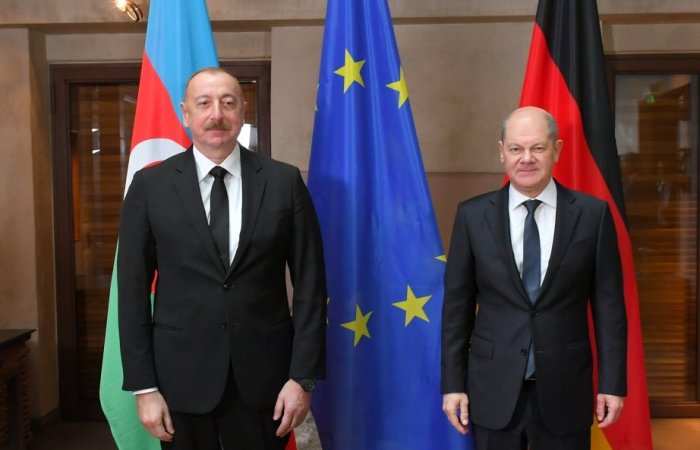Trending
Armenian and Azerbaijani foreign ministers meet in Berlin as German diplomacy emerges out of the shadows to save the day for Europe
29 February 2024
German diplomacy has been in the South Caucasus from the day after the three countries declared their independence in 1991. Germany was the first country to set up embassies in the region, but generally German diplomacy has been low-key – preferring to let others, namely France, and later the EU, to do the heavy lifting when it came to issues like supporting the Armenia-Azerbaijan peace process. This has changed recently.
After the untimely intervention of French president Emanuel Macron in the process that was led by EU Council president Charles Michel in 2022, and given Azerbaijan’s refusal to negotiate in this framework because of what it claims is French bias towards Armenia, German Chancellor Olaf Scholz was in 2022 reluctantly persuaded to engage with the process directly, and join the Macron-Michel tandem. Nothing at first seemed to have come out of that, and German diplomacy got overshadowed by some missteps in Paris and Brussels, not to mention some awkward phrases of its own foreign minister when she visited the region last year.
But it seems that behind the scenes, German diplomacy persisted. Earlier in February Armenian Prime Minister Nikol Pashinyan and Azerbaijani President Ilham Aliyev, travelled to Munich to attend the annual security conference, and on the margins had a long-awaited meeting, bilaterally and later with Chancellor Scholz. At the meeting concrete decisions were taken on follow-up, and thanks to the usual German efficiency the foreign ministers of the two countries were in Berlin on Wednesday (28 February) for detailed talks about the peace treaty. Most of the discussions were in the bilateral format, but there was also a meeting of the Ministers with their German counterpart. The talks continue today. It is the latest episode in a long saga, but not an insignificant one.
Germany is a political and economic heavyweight, and its direct involvement may just be what is needed to get the ongoing negotiations between Armenia and Azerbaijan across the line. At a time when other elements of European diplomacy appear not to be so effective the German intervention is also seen as saving the day for Europe, that needs to remain present and visible in the region.



